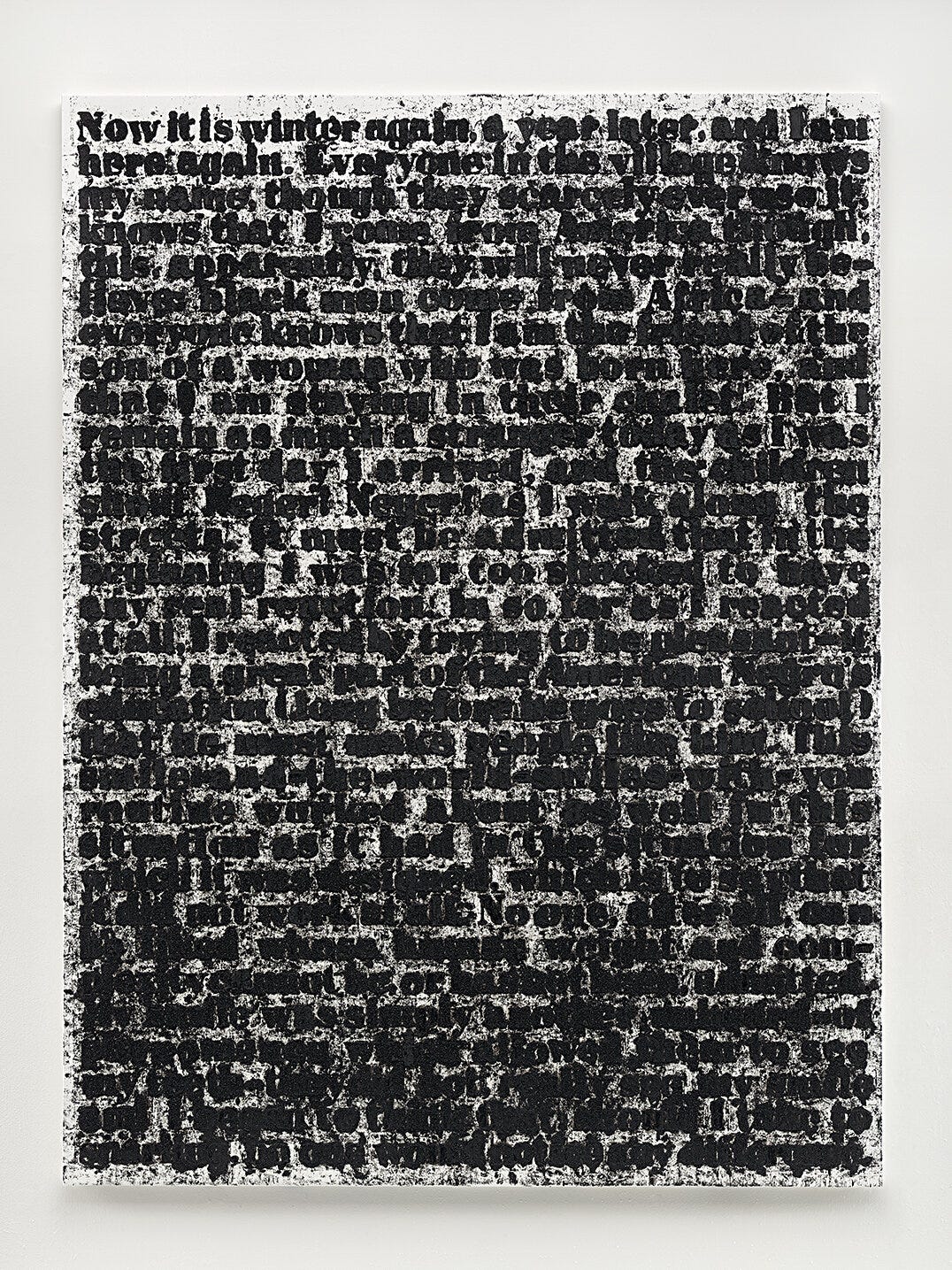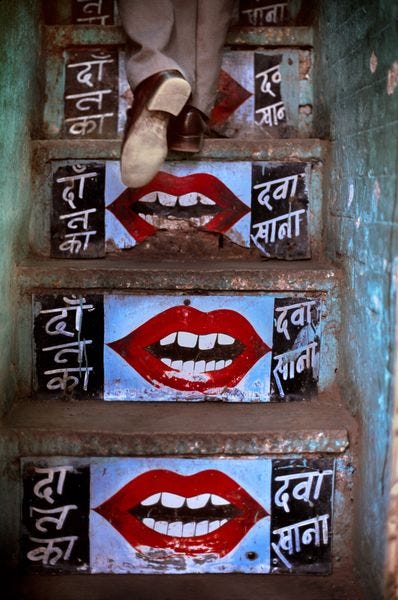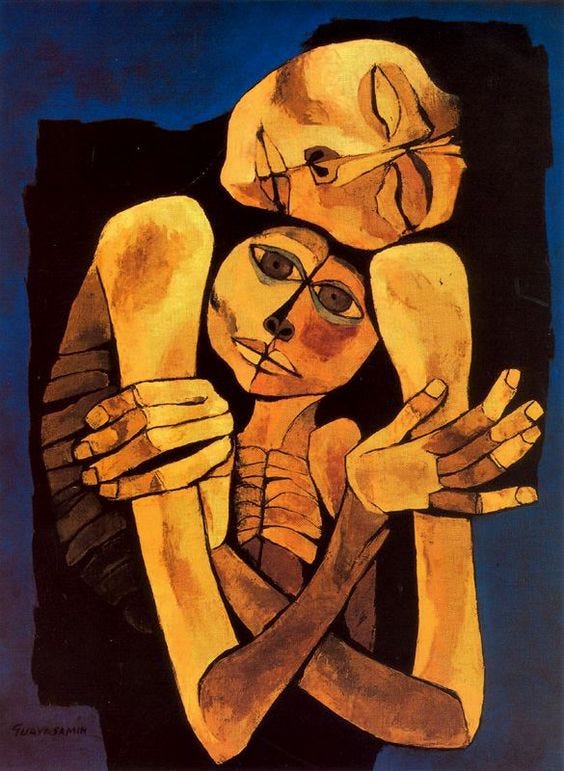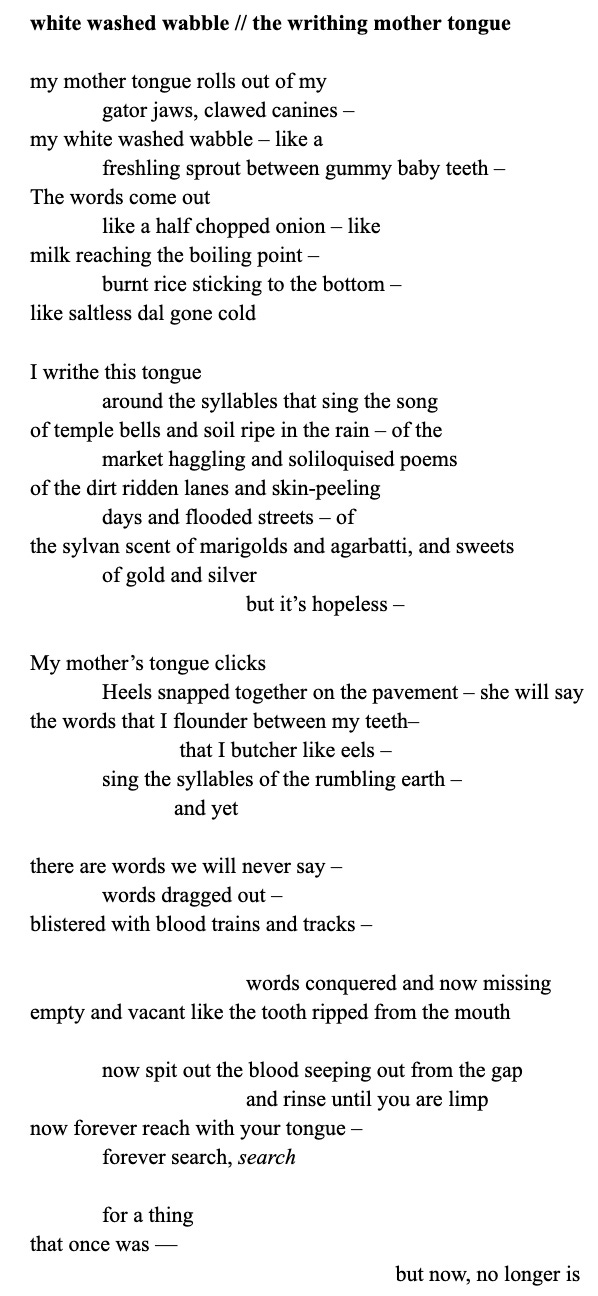white washed wabble // the writhing mother tongue
a poem // an elegy
“A single shelf of a good European library was worth the whole native literature of India and Arabia” — Thomas Babington Macaulay
a poem (written by me)

I grew up living outside of India for most of my life. Being Indian was something I ran away from. I used to force my tongue into knots trying to speak like a white person. When I came back to India at the age of 12, I could hardly talk in my mother’s tongue without butchering every word.
There is an inherent sense of loss that I feel not being able to think in Hindi, that the language I live, breathe, think and express myself through is the colonisers tongue. I want to be able to write deep and enriching Hindi poetry — I want to be able to speak without double-thinking my conjugations. I want to be able to listen to a Bollywood song and appreciate the lyrics without having to look up the translation.
Thomas Babington Macaulay, a former British General, wrote in his Minutes of Education: “We have to educate a people who cannot at present be educated by means of their mother-tongue. We must teach them some foreign language. The claims of our own language it is hardly necessary to recapitulate. It stands pre- eminent even among the languages of the West.”
What hurts the most is that we have still not been able to break away from this imperialist mindset. Our internalised racism has placed this colonisers tongue as more important, sophisticated and educated than our native languages. I hate that people who speak with English accents thick with an Indian accent are mocked or simply not listened to with as much attention as those who do not. Although we are no longer colonised, we are still stuck in the Macaulay era mindset…
look. watch… how our mother tongues bleed.



Some further reading recommendations with similar themes (that I highly recommend)
Post on Macaulay’s Minute on Indian eduaction:
wrote this incredible post about Macaulay’s Minute. This post was extremely educational and very well written.Post on losing your mother tongue: This essay by
made me almost cry. It is a masterclass in brilliant, experimental and expressive writing. A MUST read: The multitudes of language and shame (I can’t recommend this enough).
Post on loss and the mother tongue:
’s post is way too relatable for me (she’s an incredible Pakistani teen writer, do check her work out!): When your mother tongue feels foreignPost on language, identity and expression:
’s writing is so beautiful and intimate in this post. I really loved it: my languages remember me as someone else - it’s about identity and language, and how we change with the languages we knowPost on colonialism, language and national identity:
’s essay, a question for my ethnicity, is a beautiful exploration of colonisation, language, identity and being Filipino. I loved reading this.Post on English as an imperialist tongue and it’s impact on art: I love substack famous and icon
’s article on the English language so much: BTS, and other victims of the english language. Definitely check this one out.
Thank you for reading!
I hope you enjoyed the poem. It was part of my collection, When the Silence Echoes Back.
Some musings about publishing the book, imposter syndrome and writing👇🏽
Also… before you go… I want to thank you all so much. It means an incredible amount to me that you took the time out of your day to read my work. I hope you enjoyed it as much as I did writing it. If you liked what you read, consider liking, leaving a comment, restacking the post and subscribing. It helps me tremendously as a young writer and makes my day every time.
Love you all so much
Until next time!
Aastha <3





I found a quote along the lines of You speak English because it’s the only language you understand. I speak English because it’s the only language you understand, it changed my life. I've been trying to get into Hindi and urdu poetry lately and it's like relearning the alphabet but I know I'll be better at it tomorrow. Beautiful poem Aastha.
just read this one in when silence echos back (working my way through it!) and it is so hauntingly written